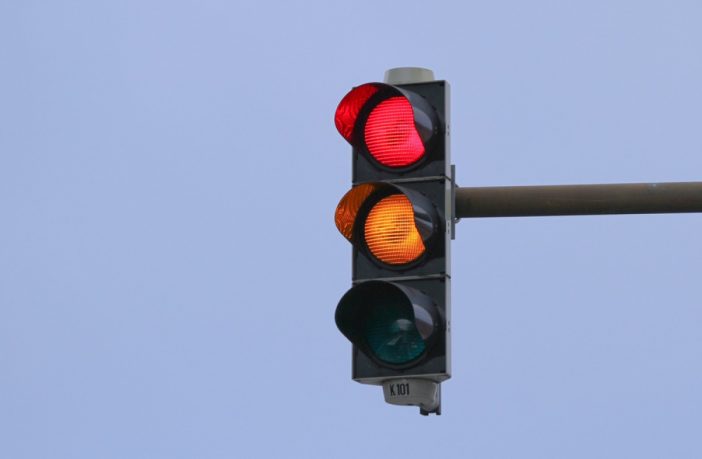- In Nigeria, the Lagos State Government has commenced testing the use of solar-powered traffic lights in a bid to tackle the lack of electricity for traffic control, which caused congestion in the state.
- The announcement was made by the state’s Deputy Governor, Dr Obafemi Hamzat, in an interview with the News Agency of Nigeria (NAN) in Lagos on Sunday.
Hamzat said that the biggest challenge in using traffic control lights across the state was an unstable power supply.
They have sensors or what they call controllers. The problem is that the moment there is no power supply and the sensor shuts down, the calibration goes bad.
“What that means is that we have to replace that sensor, which we don’t manufacture here. So, everything is a function of what do we have.
“We are working on it but the challenge is: Can we get the ones that use solar power? And then, when we have persistent rain, will they work? That is what we are testing now.”
Proof of concept: Solar-powered traffic lights
According to Hamzat, when the state government can prove the use solar-powered traffic control lights, it will deploy more traffic control lights as a strategy to tackle gridlocks.
“We want to make sure that we can have a system that will work all through without this power challenge.
“The moment we are comfortable with our testing, then we will start deploying and repairing the ones that are spoilt.”
On traffic congestion in the state, the deputy governor attributed the persistence to the breakdown of vehicles, especially articulated ones. He also said that ongoing road repairs contributed immensely.
Hamzat said that the government also shut down Alaka axis because of the expansion joint on Eko Bridge which, he added, required urgent repair to avert a disaster.
“Because of these things, there will be traffic congestion, but I think it is better to do it once and in six or seven months’ time, everybody will be okay,” he said.
Smart technology overcomes challenges
On the allegation that operations of the Vehicle Inspection Service (VIS) impeded traffic in some areas, Hamzat said that VIOs should not be on roads but for the high number of vehicles without roadworthiness certification.
He said: “The VIS must do its job and make sure vehicles that are not supposed to be on the roads are removed from the roads.
“In fact, the ministry of transportation has a drone now that shows when and where we have a breakdown anywhere.”
He said that if inspections were well carried out, the number of vehicles breaking down on the roads and accidents would be minimal
Author: Nicolette Pombo-van Zyl
This article was originally published on ESI Africa and is republished with permission with minor editorial changes.












